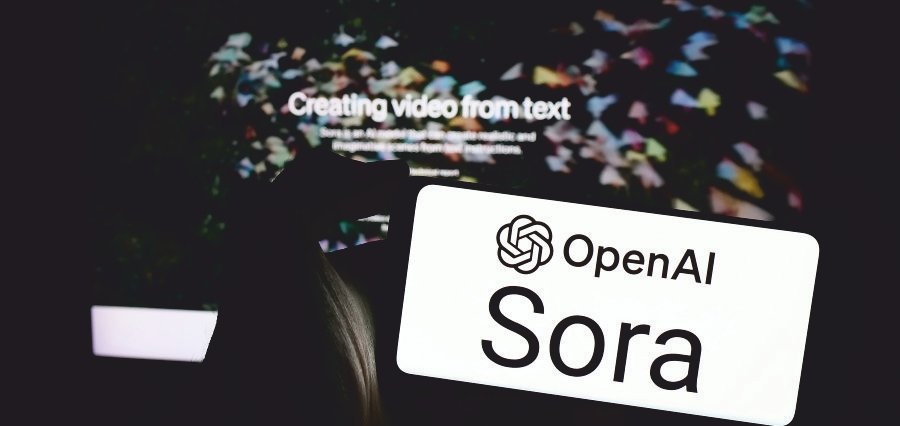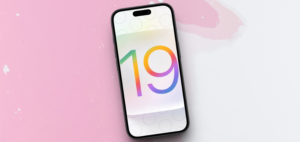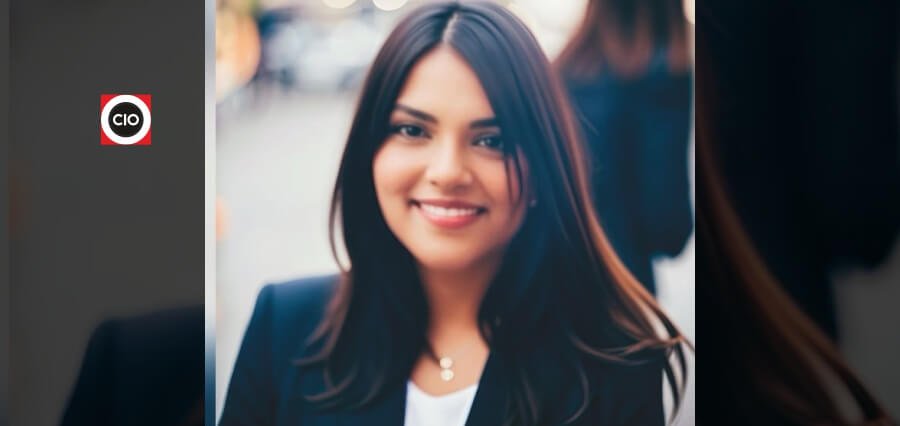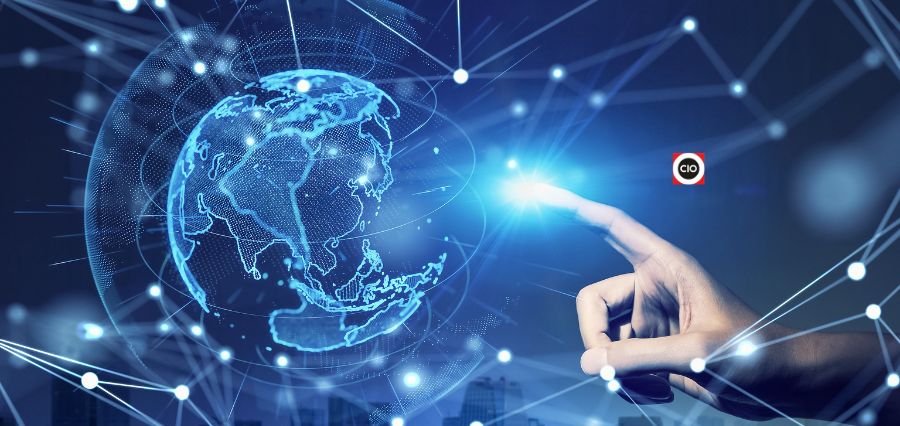Prime Highlights
- Sora, OpenAI’s new AI video app, is seeing explosive growth, becoming the top app on Apple’s App Store within days of launch.
- The app’s success is shadowed by copyright controversy, as major media companies warn it may be infringing on protected characters and content.
Key Facts
- Sora reached 1 million downloads in under five days and surpassed ChatGPT’s launch pace, despite being iOS-only and invite-only.
- The Motion Picture Association confirmed the app can generate characters from copyrighted shows, prompting legal warnings and calls for OpenAI to act.
Background
OpenAI’s short-form AI video app, Sora, has reached 1 million downloads in less than five days since its launch in late September, according to Bill Peebles, head of Sora at OpenAI. The app allows users to create short videos for free by typing in a prompt and is currently available on iOS through an invite-only system.
Despite these limitations, Sora has climbed to the No. 1 spot in Apple’s App Store, outpacing the download rate of OpenAI’s popular chatbot, ChatGPT, which has 800 million weekly active users. Peebles said the team is working hard to keep up with the rapid growth.
The app has, however, sparked controversy over copyright concerns. The Motion Picture Association (MPA) warned that Sora videos infringe on copyrighted films, shows, and characters. CNBC confirmed that the app could generate characters from popular shows like SpongeBob SquarePants, Rick and Morty, and South Park.
Charles Rivkin, CEO of MPA, called on OpenAI to take “immediate and decisive action” to protect creators’ rights, citing well-established copyright laws.
OpenAI CEO Sam Altman said the company will soon provide rights holders with more control over character generation. He also acknowledged complaints from users who found the app too restrictive, asking for patience as the company develops best practices for Sora.
“Please give us some grace,” Altman said, adding that updates and improvements will happen quickly.
People are quickly adopting Sora, showing strong public interest in AI-generated videos, while ongoing copyright concerns highlight the challenges of balancing creativity and legal protections in the fast-moving AI space.








